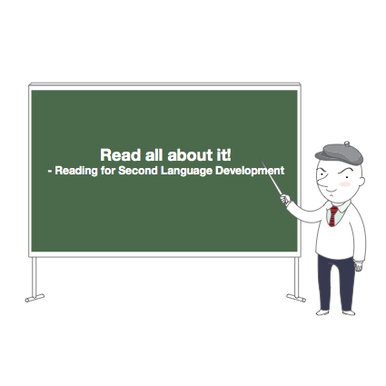Teaching & Learning Vocabulary: 5 Thinking PointsIn this talk on teaching vocabulary, I will discuss 5 things English teachers (and learners) should keep in mind when it comes to teaching and learning vocabulary in English.
I begin by defining what I mean exactly when I say vocabulary, before moving on to discuss a range of important considerations teachers can draw from when planning their vocabulary instruction nd student learning. Please watch the mini-lecture at the bottom of the page. |
Before starting our discussion on vocabulary teaching and development, it should be known that in creating this talk I took the stance that explicit vocabulary instruction and incidental vocabulary acquisition both have important roles to play in ensuring English language students achieve their language learning goals and vocabulary needs. I believe that if teachers ignore the role either one plays in helping their students develop their vocabulary knowledge, they are effectively curtailing their students’ language development.
In addition, I am also taking the stance that English teachers have a huge role to play in making sure that a) our students get advice based on the most up-to-date research in education, b) that learning vocabulary is arguably more important to learning the rules of grammar for most learners wishing to communicate effectively in English, and c) evidence-based teaching is the gold standard of education.
5 Thinking Points English Teachers Should Keep In Mind When Teaching Vocabulary!
1. Are we paying enough attention to vocabulary development?
2. Does the context of learning matter? (English as a Second Language vs. English as a Foreign Language)
3. What does it mean to know a vocabulary item?
4. How many words do English Language learners need?
5. What needs to be considered when it comes to learning/teaching vocabulary in English classes?
Please use the following APA citation style to reference my writing and lectures
Wedlock, J. S. (2020). Teaching & Learning Vocabulary: 5 Thinking Points. JoshESL https://www.joshesl.com/the-benefits-of-reading-for-second-language-learning-780657.html
In addition, I am also taking the stance that English teachers have a huge role to play in making sure that a) our students get advice based on the most up-to-date research in education, b) that learning vocabulary is arguably more important to learning the rules of grammar for most learners wishing to communicate effectively in English, and c) evidence-based teaching is the gold standard of education.
5 Thinking Points English Teachers Should Keep In Mind When Teaching Vocabulary!
1. Are we paying enough attention to vocabulary development?
2. Does the context of learning matter? (English as a Second Language vs. English as a Foreign Language)
3. What does it mean to know a vocabulary item?
4. How many words do English Language learners need?
5. What needs to be considered when it comes to learning/teaching vocabulary in English classes?
Please use the following APA citation style to reference my writing and lectures
Wedlock, J. S. (2020). Teaching & Learning Vocabulary: 5 Thinking Points. JoshESL https://www.joshesl.com/the-benefits-of-reading-for-second-language-learning-780657.html
References and further reading
* See end of video
* See end of video
